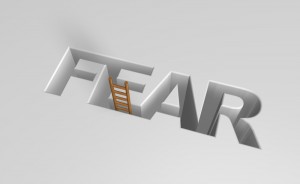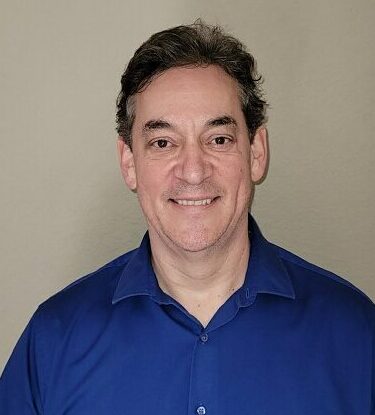OCD Therapy & Treatment by Dr. Eric Ryan
Hello, I am a Santa Rosa Psychologist and psychotherapist, Dr. Eric Ryan—I help people learn to overcome their Obsessions, Compulsions, and related fears! OCD is considered an anxiety doctor, so in this sense I am a fear or anxiety doctor offering effective psychologically based therapy or counseling for OCD and related obsessions & compulsions. I would like to talk to you about your OCD and help you understand what Obsessive-Compulsive Disorder is and how you can get effective treatment and relief for your symptoms! First a brief description of OCD is in order.
What is OCD? OCD is an Anxiety Disorder that affect approximately 2 to 3 percent of people in the US. Contrary to what you might expect, OCD actually is a treatable condition that can be helped by Cognitive Behavioral Exposure Therapy and certain psychotropic drugs. While you may well benefit from a combined approach, the best response for your OCD may be Behavioral Therapy alone–this is particularly true for children and adolescents.
OCD involves a combination of symptoms you may have involving distressing “Obsessions” or repetitive thoughts, and “Compulsions”, which are actions you feel compelled to perform endlessly. Obsessions are usually disturbing ideas that you may have that are unpleasant and disturbing, tending to repeat! They can take many forms depending on the type of OCD that you suffer with. Compulsions are behaviors you feel driven to perform or you will experience distressing anxiety. For instance if you have a fear of getting contaminated by germs, you may repeatedly wash your hands or avoid areas where you think germs may lurk. Other compulsions that you may encounter involve checking and rechecking things like locks, the stove (to make sure it is off), and many more. Some people feel compelled to line things up or they feel a great deal of distress and they obsess about doing so until they have achieved a sense of getting it “just right”. In most cases, the compulsion is a behavior designed to deal with the distress caused by the upsetting Obsessive thought, and the compulsion is an attempt to neutralize the unpleasant idea or to do an activity until you get a “just right” feeling! There are actually many forms of this disorder, perhaps 5 or so subtypes of OCD:
- Contamination and Cleaning
- Checking and Doubting
- Ordering, arranging, or needing things symmetrical
- Unwanted thoughts and attempts to neutralize them (e.g. religious obsessions involving themes of sin, sexual obsessions, aggressive obsessions, etc)
- Hoarding
How do you get help for OCD? There are effective psychotherapies and medications and other treatments for OCD. The psychotherapies should be considered first because there are no side effects and when you learn skills you have them for life. It is also common to combine a drug with therapy (the drug typically is an antidepressant which can be augmented with other substances if needed). The most effective treatment is a form of Cognitive Behavioral Therapy called Exposure and Response Prevention. The basic procedure is to purposely expose yourself to the fearful or difficult situation without engaging in the compulsion. Over time your fear will desensitize in a bio-psychological process known as Habituation (see Anxiety and Avoidance).
OCD and Clinical Depression: Approximately 50% of individuals with OCD also have Clinical Depression. It appears that some of the misery and difficulty associated with your OCD contributes to a substantial rate of depression–another reason to get help now and not put it off (see Depression Facts)
OCD is Just one of several Anxiety Disorders. If you have one, you may have others! Take a look at these other pages:
What is Social Anxiety Disorder?
What is Trauma and How is it Treated?



